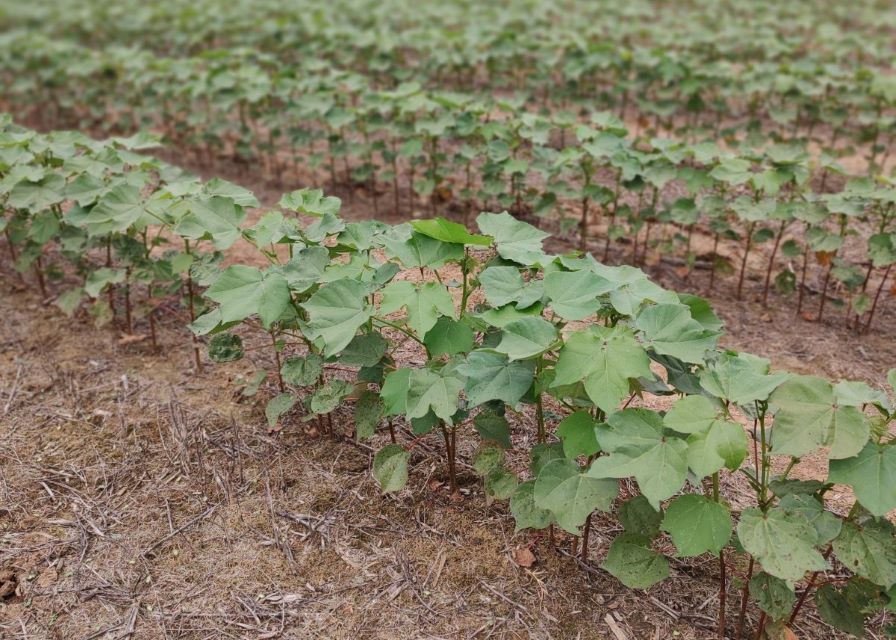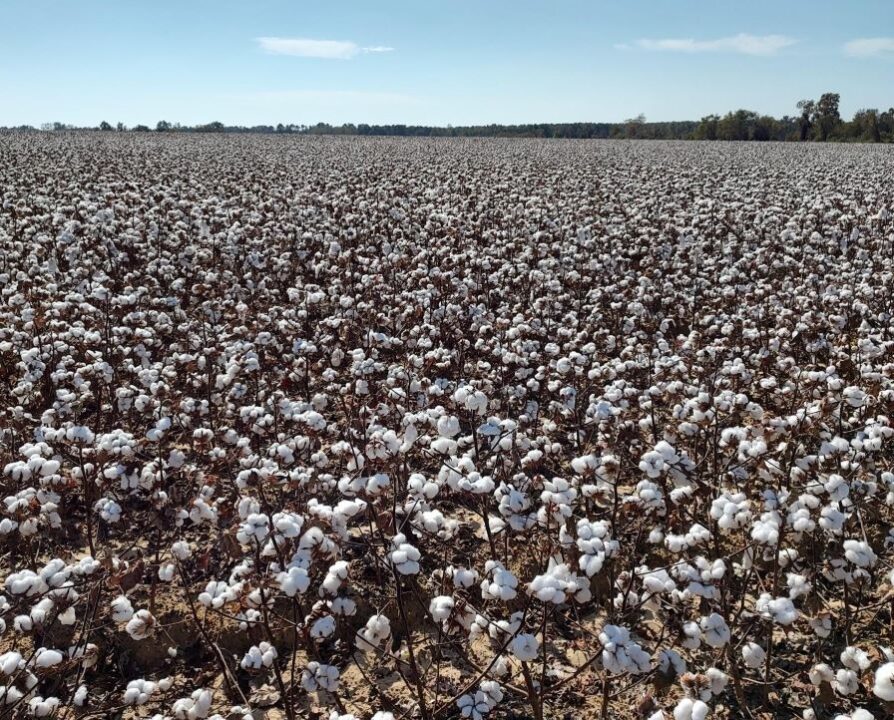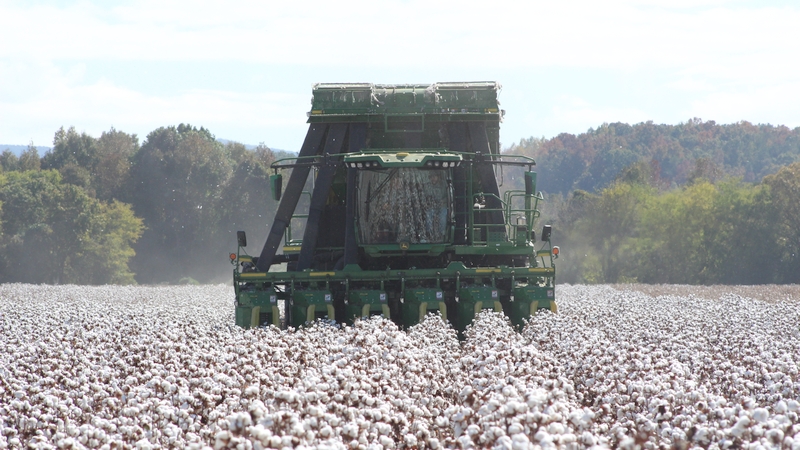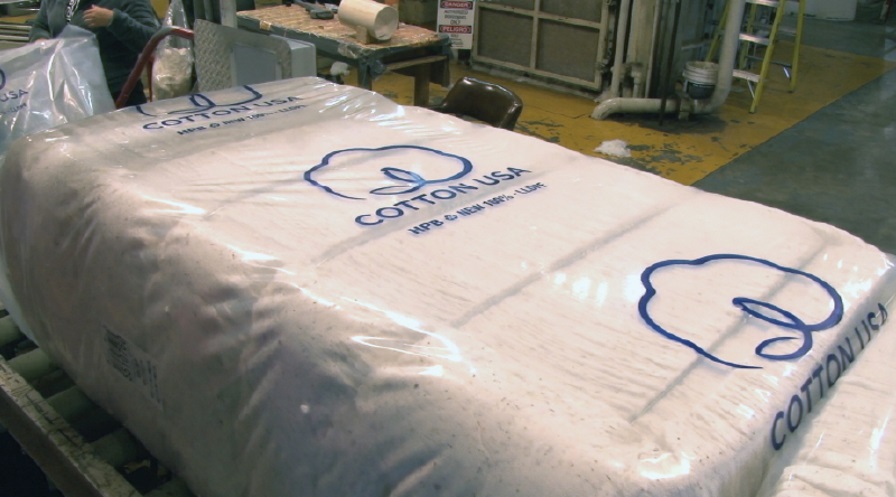The True Value of Cotton LEADS
From Cotton Grower Magazine – December 2014
When I first learned about it, the Cotton LEADS program seemed like a nice enough idea. In my understanding, cotton’s advocates – namely Cotton Incorporated – were setting out to better promote the fiber to some of the world’s leading clothing retailers. It made for a nice story, but not one that resonated with any real emotion among our readers, I thought.
That was before I ventured to Arizona in November for the Sourcing USA Conference. That event, which brings together cotton’s major buyers and sellers from across the globe, was the perfect forum to discuss Cotton LEADS.
The idea behind the project is to showcase how sustainably (and, in this context, we’re using sustainable to closely resemble the phrase “environmentally sound,” as far I could tell) cotton farmers go about their craft. Through traceability, Cotton LEADS would be able to demonstrate to retailers how responsibly cotton is produced in the United States and in Australia. Textile companies, retailers and brands have been invited to partner with the program in an effort to “advance the supply and use of responsibly-produced cotton.”
Representatives from Cotton Incorporated and other program partners discussed the project occasionally at the Sourcing USA Summit. Again, while the idea is great, none of what they said was news to me. That was until, in an on-stage panel, a Texas cotton producer described what Cotton LEADS meant to him.
The conversation surrounding sustainability and agriculture is filled with emotion and conjecture, he said (I would’ve gone a step further and said it’s filled with hot air and lies.) Cotton LEADS gives him the ability to document on paper the facts and figures from his own farm. Through the program, he has the ability to record exactly how many applications of fertilizer or water or herbicides he’s making, and he’s able to display those figures to the world.
In essence, the program gives cotton farmers a defense from people making up harmful lies about how they go about their jobs. It reminded me of the column I wrote months ago about a story that appeared in Rolling Stone involving musician Neil Young who, out of the blue, decided to lash out against American cotton production. Young and the article both cited statistics about pesticide use in cotton production which were summarily false.
“If you don’t tell your own story, somebody out there is going to tell it for you,” the Texas farmer told me after he stepped off stage. “And they won’t always tell it correctly.”
I thought those were wise words at the time. They seemed to underscore the importance of the work Cotton Incorporated carries out on behalf of American cotton producers. As more and more global retailers and brands come on board with the program, it seems only natural that more and more American farmers will embrace Cotton LEADS as well.









